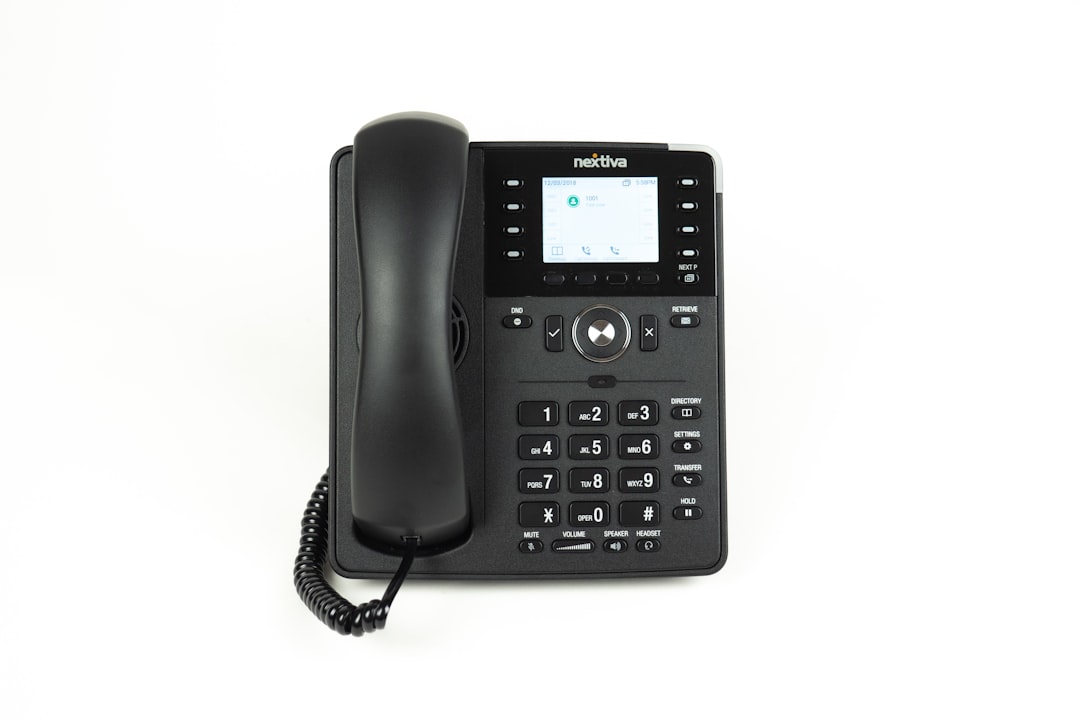Spam calls are a significant issue in Pennsylvania, prompting the state to enforce strict spam call laws that protect consumers from automated, unsolicited marketing. These laws empower residents by limiting automated calls and requiring explicit consent, helping to reduce emotional distress caused by unwanted phone marketing. Specialized spam call law firms in Pennsylvania play a crucial role in blocking, tracing, and litigating against deceptive practices, while educating citizens about their rights. Residents can further protect themselves by registering for Do Not Call lists, using call-blocking tools, being mindful of contact information sharing, and reporting spam calls to service providers and the Federal Trade Commission (FTC).
In today’s digital age, no one is immune to relentless spam calls—and families in Pennsylvania are no exception. Understanding these unwanted intrusions and their impact on daily life is crucial. This article delves into the rise of spam calls targeting Pennsylvania residents and explores the vital role played by spam call law firms in providing protection. We also offer practical steps for families to defend against these nuisance calls, ensuring a safer, more peaceful home environment. Stay informed and empowered with this comprehensive guide.
Understanding Spam Calls and Their Impact on Pennsylvania Families

Spam calls, or unsolicited telephone marketing calls, are a widespread issue affecting families across Pennsylvania. These calls often promote various products and services, from financial offers to prize competitions, and can be incredibly intrusive. What many Pennsylvanians don’t realize is that these spam calls are not just an annoyance; they have a significant impact on their daily lives. From disrupting important conversations to causing emotional distress, the effects of spam calls can be far-reaching.
In response to this growing concern, Pennsylvania has implemented a robust spam call law, providing consumers with certain protections. These laws limit the number of automated or prerecorded calls a consumer receives and require callers to obtain explicit consent before contacting them. By understanding their rights under these regulations, families can take proactive measures to reduce the frequency of spam calls they receive, ensuring a quieter and more peaceful home environment. The state’s efforts to combat spam call law firms in Pennsylvania demonstrate a commitment to safeguarding residents from deceptive marketing practices.
The Role of the Spam Call Law Firms in Protecting Residents

In Pennsylvania, the role of spam call law firms is pivotal in protecting residents from unwanted and deceptive phone calls. These specialized legal entities are equipped to handle issues related to telemarketing laws and protect consumers’ rights. They employ strategies such as blocking, tracing, and litigating against offenders to curb the influx of spam calls.
Spam call law firms play a crucial part in educating residents about their rights and the legal framework surrounding telemarketing practices. By staying updated on evolving laws and technologies used for spamming, these firms ensure that Pennsylvanians are equipped to handle and report such calls effectively. Their efforts contribute significantly to creating a safer communication environment for all.
Practical Steps to Take: How Families Can Defend Against Spam Calls

To defend against spam calls, families in Pennsylvania can take several practical steps. First, register for Do Not Call lists maintained by both state and federal agencies. This federal law prohibits businesses from making telemarketing calls to numbers on the list. In Pennsylvania, you can sign up through the Attorney General’s office. Additionally, many phone service providers offer call-blocking features or apps that can filter out known spam calls.
Second, be cautious about sharing your contact information. Don’t provide your phone number unless absolutely necessary. Be wary of contests, surveys, or promotions that require personal details. Lastly, if you receive a spam call, don’t engage with the caller; instead, report it to both your service provider and the Federal Trade Commission (FTC). Reporting these calls helps law firms in Pennsylvania track trends and take collective action against spam call perpetrators.






